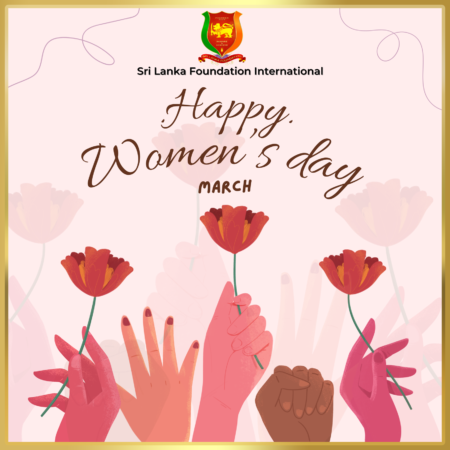COLOMBO, Sri Lanka — Sri Lanka’s Parliament on Thursday unanimously approved a bill to set up an office to help account for thousands of people reported missing during the country’s armed uprisings and clarify the circumstances under which they disappeared.
The Office on Missing Persons will make recommendations to protect the rights and interests of missing people and their relatives. It will also identify redress to which missing persons and their families are entitled and set up a database of missing people.
The government says it has received about 65,000 reports of missing persons since 1994. They largely occurred during a Marxist uprising in 1987-1989 and the last 15 years of a 26-year civil war with ethnic Tamil rebels.
The government has promised the U.N. Human Rights Council that it will investigate allegations of serious abuses during the civil war, and says the new law is an as an essential part of the truth-seeking process.
The country has faced criticism for failing to fully investigate accusations of war crimes committed during the final phase of the war.
The missing people include ethnic Tamil civilians who were abducted by pro-government militia or surrendered to the military at the end of the war in 2009, and civilians and government soldiers who were taken prisoner by the rebels.
In February, a group of Tamil leaders asked top U.N. human rights official Zeid Raad al-Hussein to help determine the fate of the missing civilians. Sri Lankan Prime Minister Ranil Wickremesinghe, who was elected last year, has said most of those reported abducted or arrested by government-aligned forces are probably dead. He said his government has found no secret detention centers run by the state, as suspected by families of the missing, and counted only 292 people in government detention.
Both the Sri Lankan government and the defeated Tamil Tigers are accused of serious human rights violations. According to U.N. estimates, up to 100,000 people were killed in the war, but many more are feared to have died, including up to 40,000 civilians in the final months of the fighting.
Last year, the U.N. Human Rights Council adopted a consensus resolution in which Sri Lanka agreed to an investigation with foreign participation.
Many civilians have not been heard from since they were picked up by police or military personnel at their homes or abducted by pro-government militia during the war. Relatives say many others were handed over to the military at the end of the fighting, after the military requested the surrender of anyone who had even the smallest link to the rebels, promising their early release.










![TV-Poster-All-Exhibition-Sri-Lanka-in-Focus-USA-2025[1]](https://www.srilankafoundation.org/wp-content/uploads/2025/04/TV-Poster-All-Exhibition-Sri-Lanka-in-Focus-USA-20251-450x450.jpg)











